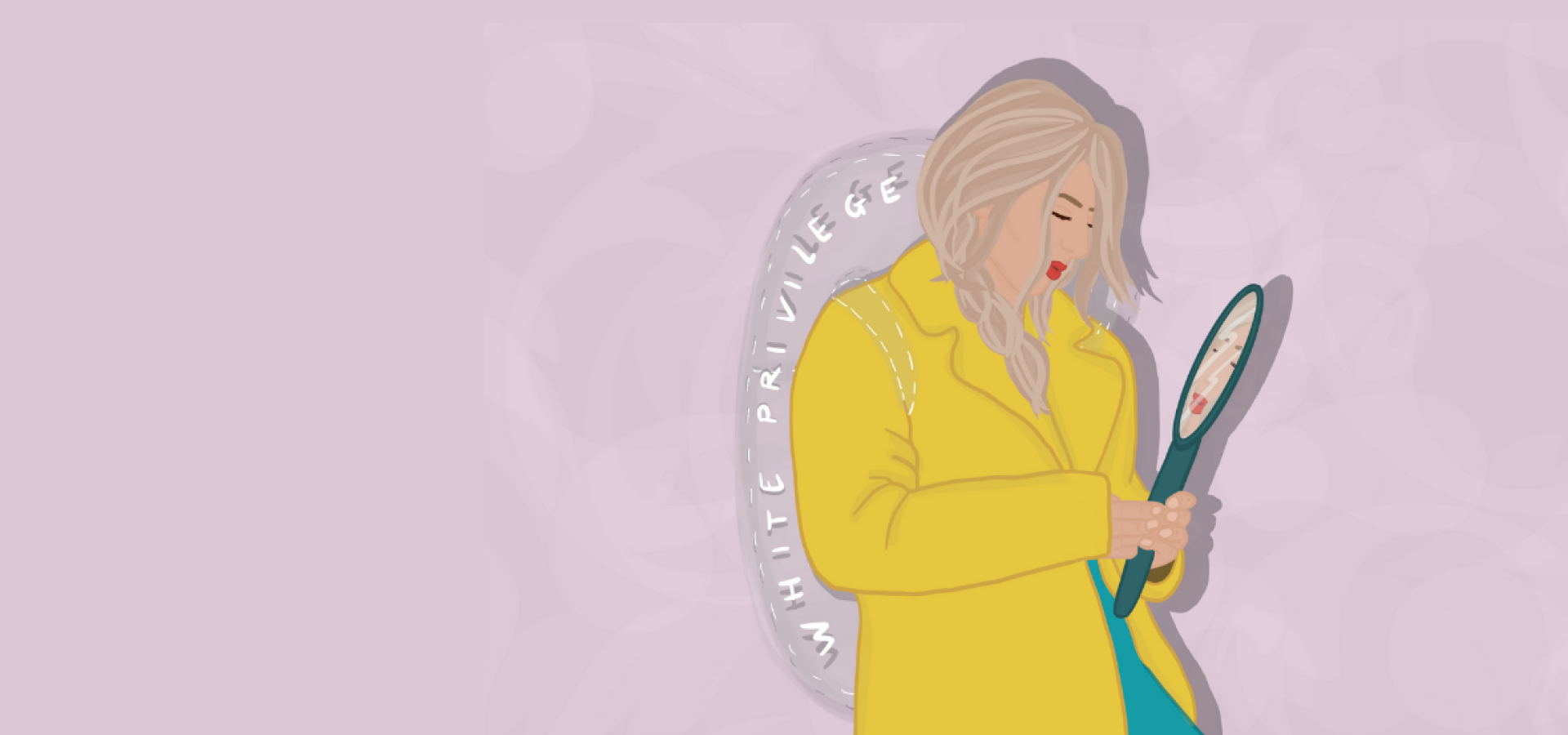Unfortunately, Letlapa was no able to participate in the discussion because of connectivity issues, but we thank him, Reverend Turner and Miranda for their participation.
*Illustration by Manon Michelle Monhemius
You can support the Trustbuilding Program with a donation via PayPal in a currency that suits you best:
We are incredibly grateful for your support. Every gift, no matter the size, makes a difference.
The Trustbuilding Program is aimed at addressing divisive issues at the international and national levels, on the premise that only those who have undergone the internal process of becoming trustworthy themselves can close gaps across the globe. The Program was launched by Initiatives of Change International in 2019 with projects in Kenya, Canada and France.
